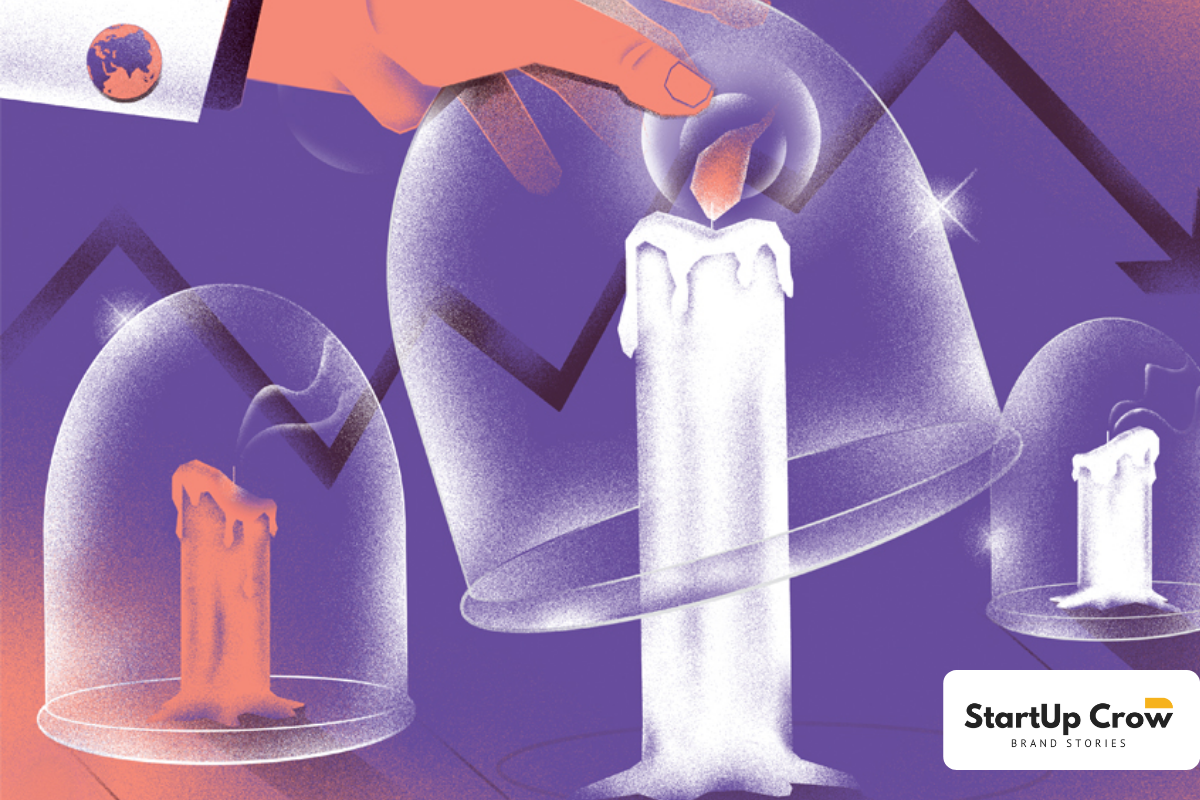There were 14 Indian unicorns anointed in the first three months of 2022. And then none in April, and May managed to throw up one, according to the unicorn tracker from Venture Intelligence, a data insights company that tracks the Indian startups ecosystem.
Earlier this month, Masayoshi Son, CEO of Japan’s SoftBank Group, one of the largest investors in India’s startup ecosystem, said the strategy to pursue would be defensive, after the largest investor in global technology, which has supported a number of Indian unicorns. , will report record losses in its Vision Funds in the first three months of this year.
Read Also : Indian startups continued to create value, wealth during pandemic PM Modi
Indian startups
Two days ago, an Indian startup news and analysis site, compiled its own and other media reports to show that nearly 8,400 people have already been laid off in the last three to four months by Indian startups, including five unicorns.
Flat is the new up, and down is the new flat, says Mohanjit Jolly, a partner at PE and VC firm Iron Pillar, recalling one of his favorite catchphrases during recessions. Startups that were hoping for a valuation increase will now agree to raise money at existing valuations, with some also accepting lower valuations to ensure their funding goes through.
Two days ago, an Indian startup news and analysis site, collected its own and other media reports to show that close to 8,400 people have already been laid off in the last three to four months by Indian startups, including five unicorns.
Flat is the new up, and down is the new flat, says Mohanjit Jolly, a partner at the PE and VC firm Iron Pillar, recalling one of his favourite phrases during downturns. Startups that were expecting an uptick in valuation will now be okay with raising money at existing valuations, and some will also find themselves accepting lower valuations to ensure their funding goes through.
There will be a recalibration of valuations, and that adjustment has already started, says Jolly. In cycles like this, there is typically a three to nine month lag between public market declines and private markets fully internalizing the reality of the recession, she adds.
Venture capital firms, Jolly further says, will look to group their portfolio companies into three main categories, especially during crises: those with enough money to last 18-24 months or more (stable), those with only enough for months but need additional capital either externally or internally in the next 6 to 12 months metastable and those in immediate need or in the midst of fundraising with little or no prospect of capital unstable, who may require classification.
Financing will be difficult at all stages, not just in the final stages, says entrepreneur and investor Raghunandan G, founder of fintech startup Zolve and co founder of transportation service provider TaxiForSure.
The reason for this is that one can expect a cascading effect of venture capitalists at each stage, conserving their cash to invest in the best of their existing portfolio companies through bridging rounds, etc. and thus will have less money for new investments.

